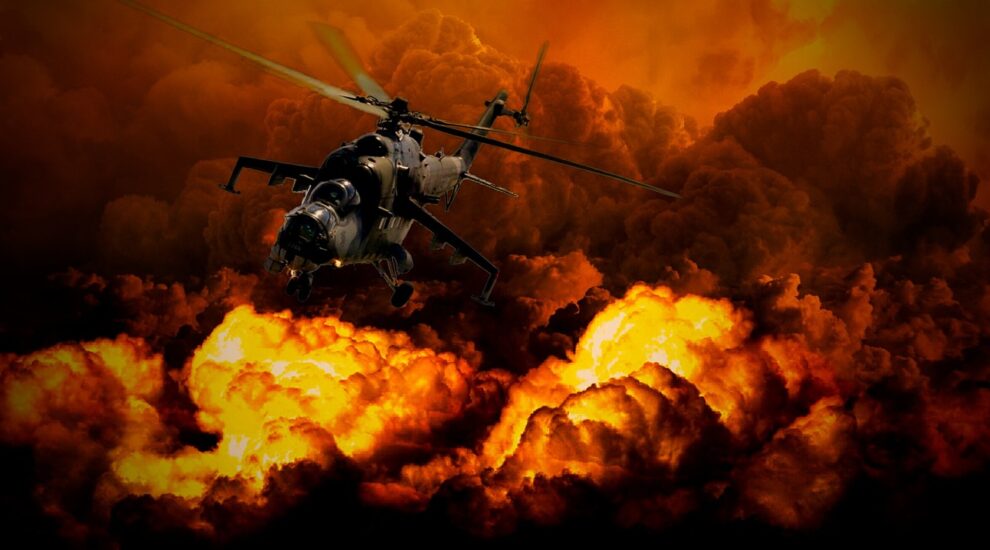The longer Russia’s war in Ukraine grinds on, the greater the nuclear strike risk, the International Campaign to Abolish Nuclear Weapons warned Tuesday ahead of the invasion’s first anniversary.
The head of the Nobel Prize-winning ICAN voiced alarm at the veiled threats from the Kremlin to unleash nuclear weapons, as Russian President Vladimir Putin decided Tuesday to suspend Moscow’s participation in a nuclear arms treaty with Washington.
“The risk of the use of nuclear weapons is increasing as a result of this war,” ICAN’s interim executive director Daniel Hogsta told the UN correspondents’ association, ahead of Friday’s one-year anniversary of Russia’s full-scale invasion of Ukraine.
“There is the likelihood of some miscalculation or some perceived threat that Russia sees.
“There’s certainly a greater chance of that than before. It’s something we should be taking very seriously.”
Putin has repeatedly issued thinly-veiled threats to use nuclear weapons in Ukraine, reviving Cold War-era fears.
While the numerous nuclear threats emanating from Russian leaders have tended to be walked back once condemned, Hogsta warned this was creating a dangerous sense of uncertainty around their possible use.
“We can’t afford any kind of miscalculations or miscommunications,” he said.
“The longer Russia decides to continue its invasion and military operations, the more likely it is that nuclear weapons will become a greater part of this conflict.”
As for whether a Russian nuclear strike would end up with the fallout spreading across Russia itself, Hogsta said Moscow’s consideration of the blowback risk “is probably minimal”.
“That’s something that is extremely scary.”
Putin announced Tuesday that Moscow would suspend its participation in New START, the last remaining arms control treaty between the world’s two main nuclear powers Russia and the United States.
The announcement came after Moscow last August suspended US inspections of its military sites under New START.
Hogsta said there was no transparency “whatsoever” around the size of Russia and other countries’ nuclear arsenals.
He warned that Russia increasingly appeared to be thinking about ways nuclear weapons could be used, and was upgrading and modernising existing delivery systems.
“So certainly there is no intention by Russia to decrease the reliance on nuclear weapons,” he said.
ICAN won 2017 Nobel Peace Prize for its work towards establishing the Treaty on the Prohibition of Nuclear Weapons. Sixty-eight of its 92 signatories have ratified the document.
